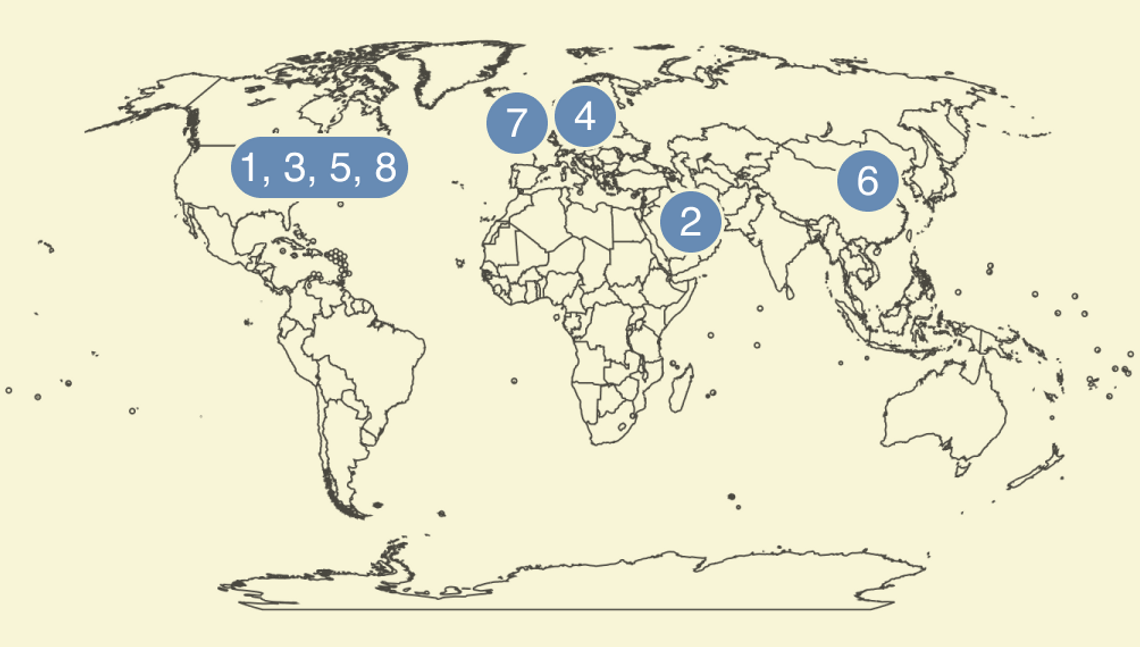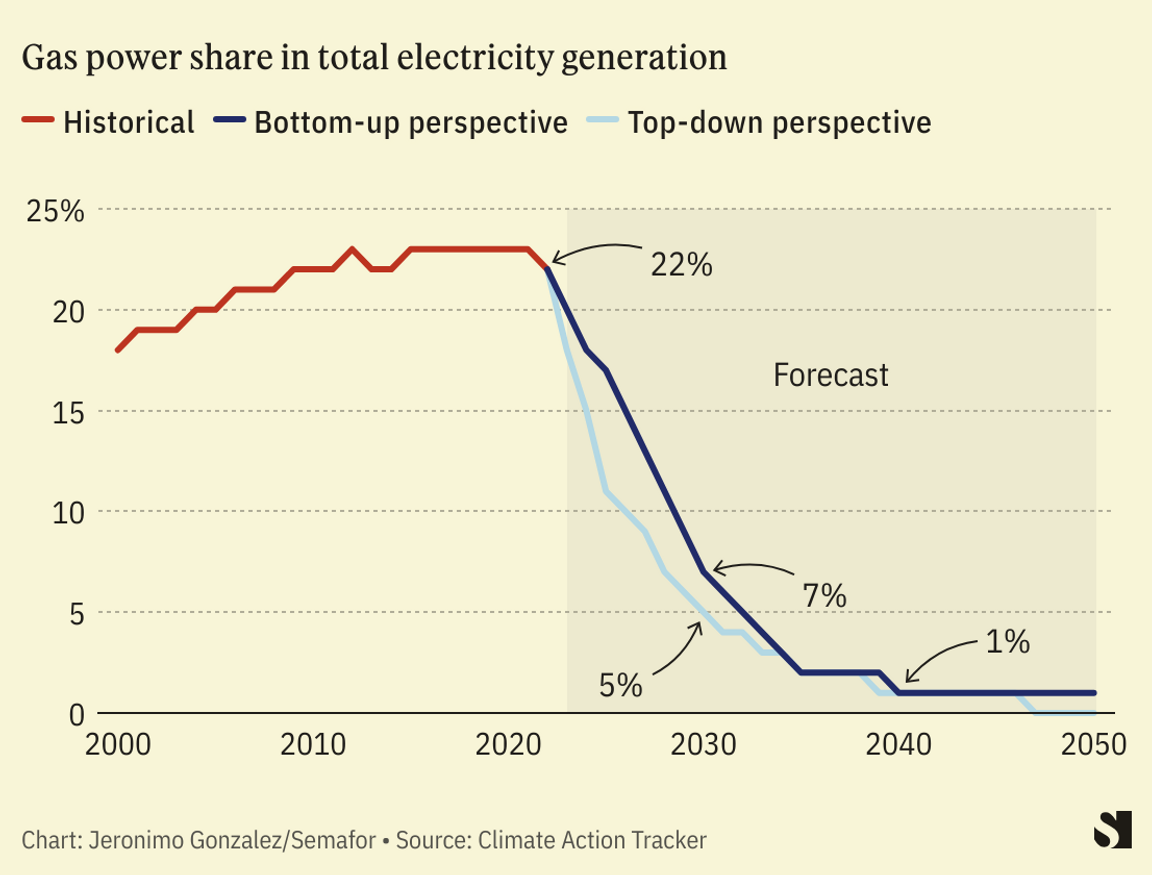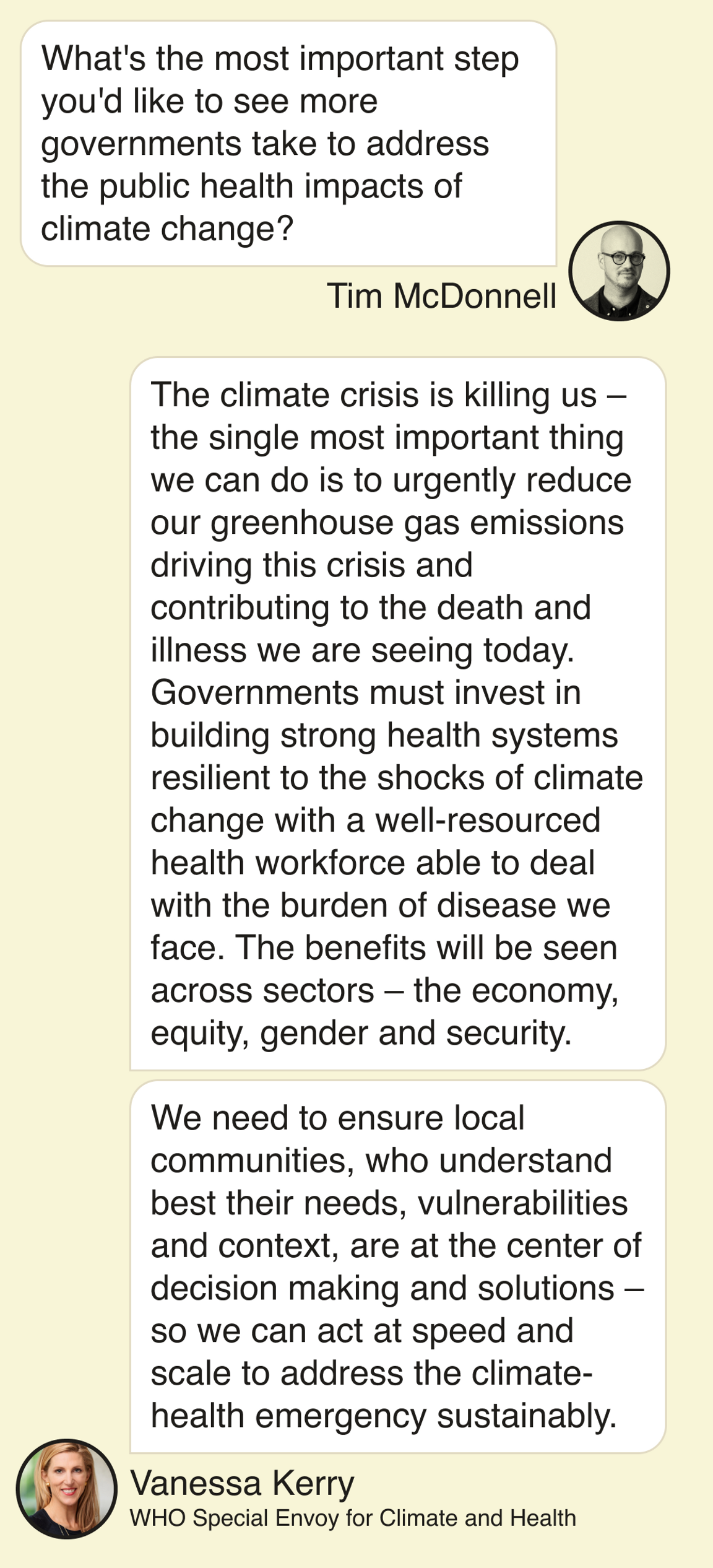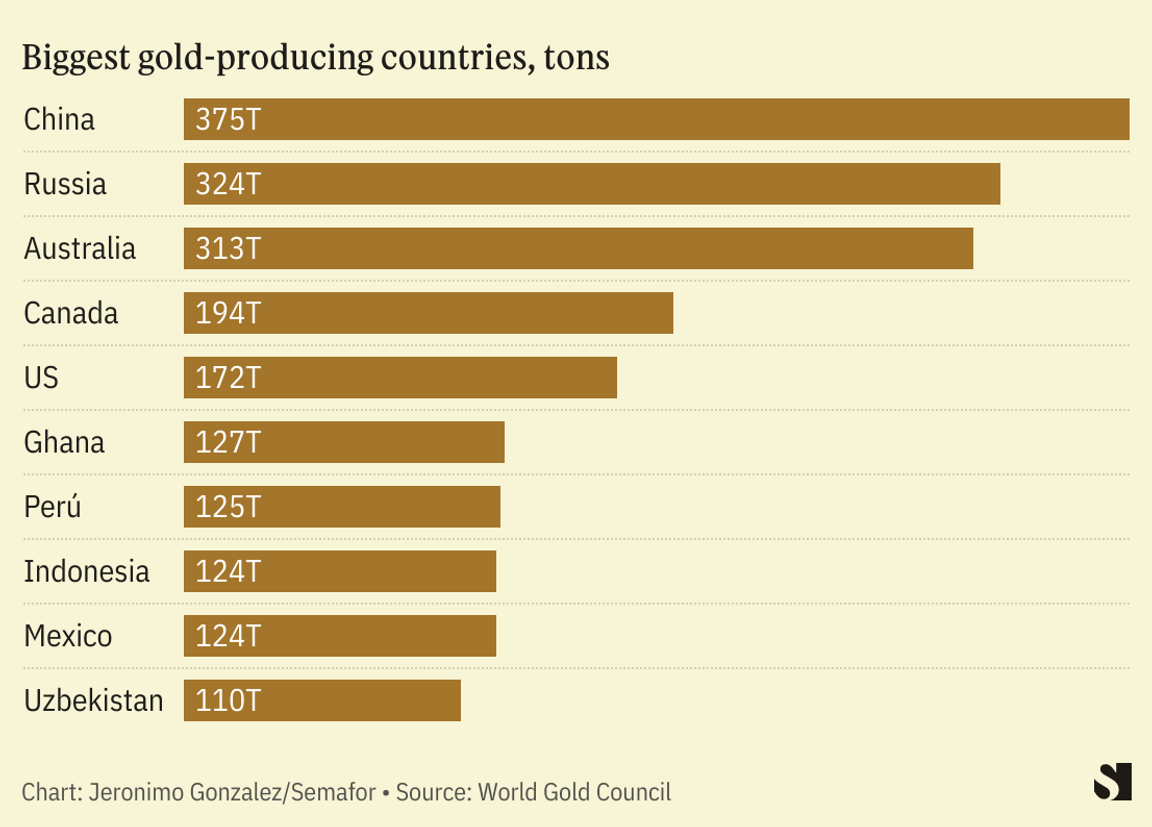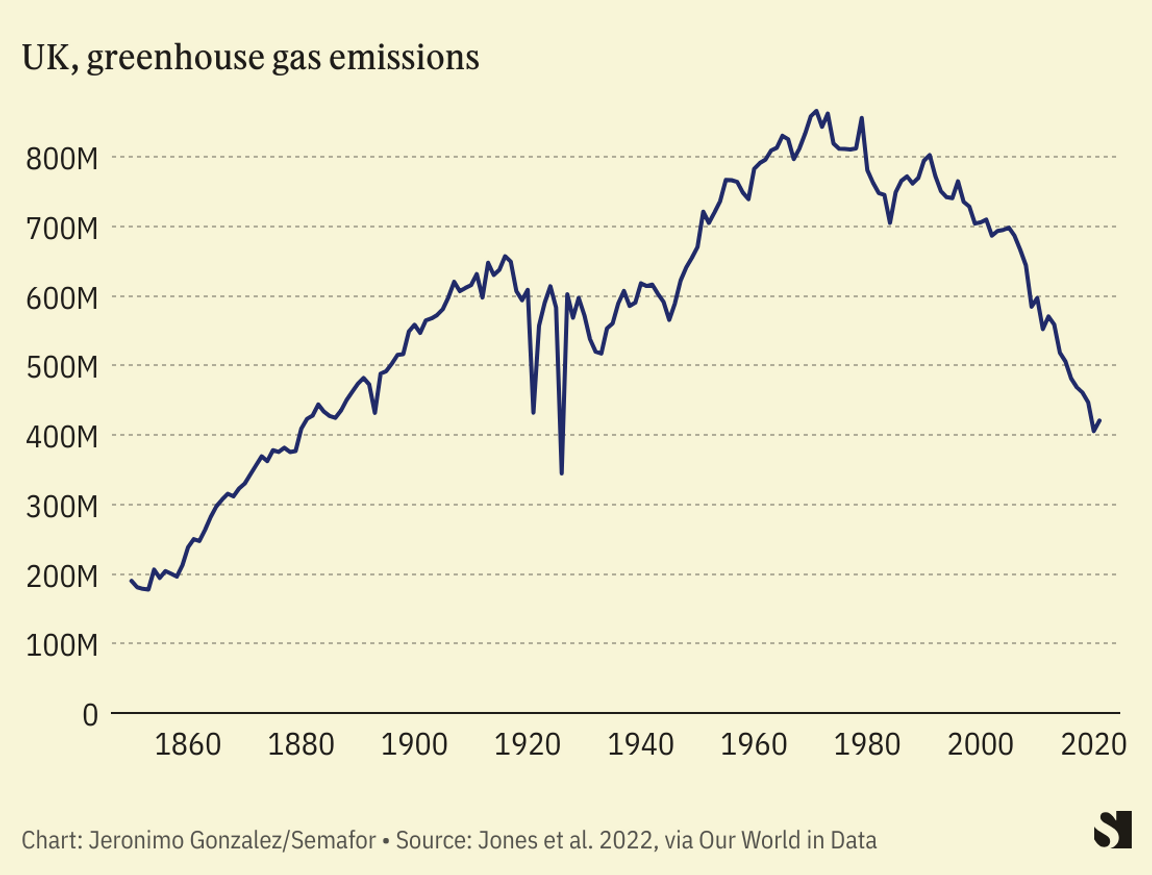 Tim McDonnell/Semafor Tim McDonnell/SemaforTHE SCENE The line to get into the Climate Week kickoff party for tech startups and investors on Monday night wrapped around the block, with more than 3,000 RSVPs. On Tuesday, in an ornate room of a former ambassador’s residence across the street from the Metropolitan Museum, founders pitched a sold-out crowd of funders on everything from EV-charging software to artificial egg yolks (“Soon the world won’t remember that eggs came from animals”). Startups focusing on battery technology and carbon removal credits took center stage at a glitzy Plaza Hotel awards ceremony hosted by Prince William. In the sphere of politics, the climate news out of this week’s U.N. General Assembly meeting is mostly grim: Missed targets, paltry finance, distracted world leaders. But the week is shaping up into an unexpected bonanza for climate tech, with an unprecedented number of people, events, and money swirling around innovative solutions to the crisis. “It’s off the hook this year,” Zack Bogue, co-founder of the venture firm DCVC, told Semafor. “The amplitude is really increased.” TIM’S VIEW When Climate Week was launched in 2009, it was a sleepy side event to UNGA, a painstaking effort to put the climate crisis in front of world leaders who preferred to ignore it. This year, it feels center-stage. The vibe in the climate-tech scene is the latest proof that the sector is feeling recession-resistant and thriving off the jolt of the Inflation Reduction Act. The string of heat waves, floods, and other disasters that have taken place this summer are also tailwinds for the climate tech industry, drawing talent and capital who feel the urgency of the moment. “Founders are streaming into this space because what other problem feels as pressing, or has the same opportunity to build a business and make a tremendous fortune?” said Clay Dumas, founding partner at Lowercarbon Capital. “How can you focus on anything else?” 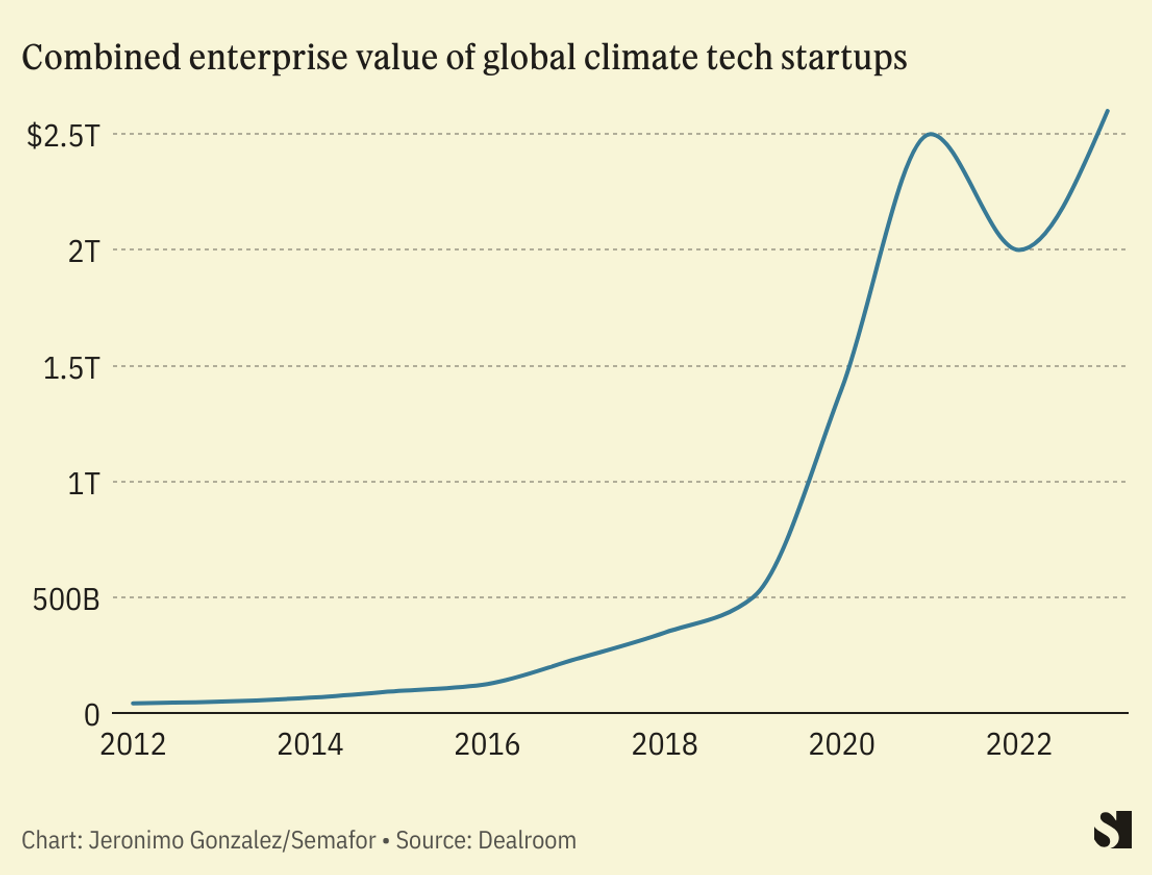 This week, Dumas’s firm said it raised $550 million for two new climate funds, closely following the closure last week of a $1 billion fund from Tom Steyer’s Galvanize Climate Solutions. Overall, at least $23 billion has been raised this year by U.S. and European climate investors, slightly lagging last year but still an impressively resilient sum given inflation and other headwinds facing the economy at large. | 

